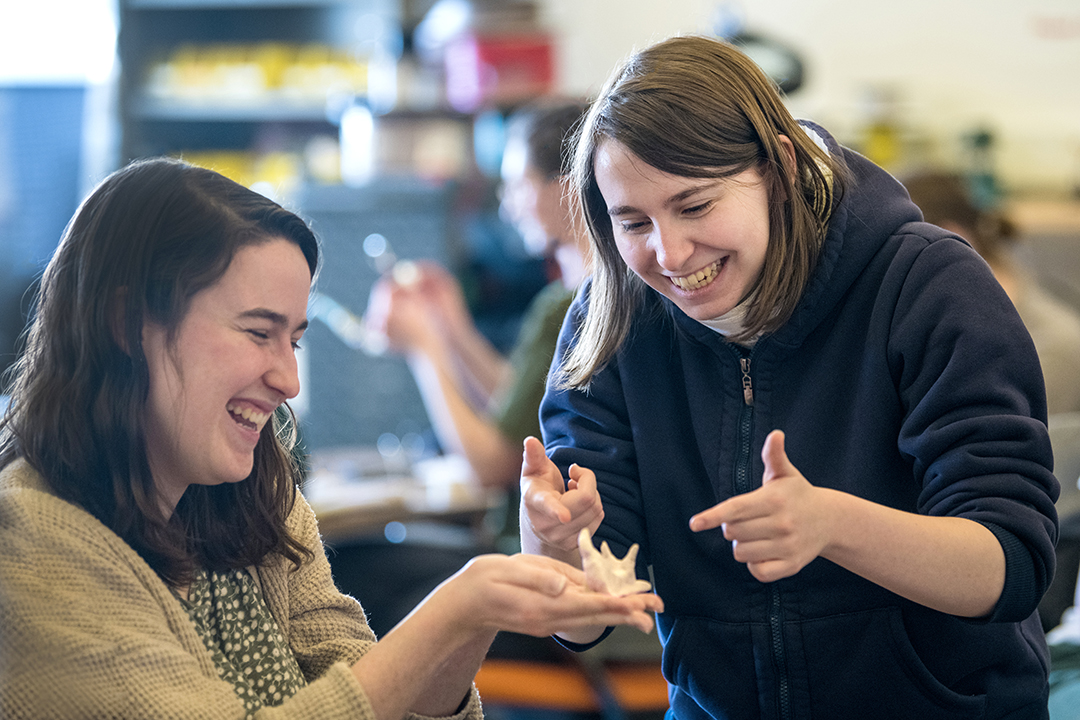
Trent Hergenrader
Associate Professor
Trent Hergenrader
Associate Professor
Education
BA in English, University of Wisconsin-Madison; MA, Ph.D., University of Wisconsin-Milwaukee
Bio
My research deals with games and storytelling, using both terms in their broadest sense. Many of the prompts in my creative writing classes come from Surrealist parlor games and OuLiPo constrained writing techniques. While these approaches do not fit some strict definitions of games--they are non-competitive and have no victory condition for example--they can steer writers’ imaginations down unexpected pathways and encourage them to play with language in productive and enlightening ways. Much interactive fiction and some of today's narratively-driven videogames are derived from such experimental writing. My current research project focuses on the role-playing game, both digital and tabletop varieties, and how its generous storytelling capacities can be used productively in fiction writing courses. An RPG requires the player to customize a detailed character who acts as the contact point between the player and the fictional world, and the RPG story emerges from a series of spontaneous choices the player makes on behalf of his or her character. As the story progresses through play, the player develops a deep understanding of the character's traits and motivations that in turn provide a cornerstone for strong fiction writing. In my RPG-themed classes, students create their own fictional world, populating a wiki with people, places, and things, and then marking them on a Google map. The process requires collaboration and critical conversations about the kind of world and characters the student writers wish to represent. I am also interested in genre fiction and what depictions of alternate realities might tell us about our own world. As a creative writing instructor I urge students to take advantage of the fresh opportunities present in genre fiction rather than rehashing the familiar genre tropes and trappings. My fiction has been published in The Magazine of Fantasy & Science Fiction, Realms of Fantasy, Weird Tales, and Best Horror of the Year among other top genre fiction venues. Finally, I am active in creative writing studies scholarship, which seeks to promote new ways to think about our discipline. In addition to game-based approaches, I am interested in ways digital technology can transform the creative writing classroom. I co-edited a collection entitled Creative Writing in the Digital Age, and I am a senior editor for the newly established Journal of Creative Writing Studies.
Select Scholarship
Currently Teaching
In the News
-
September 29, 2023
![a photo of trent and students holding worldbuilding artifacts]()
New Center for Worldbuilding and Storytelling Creates Community and Resource Network for the Imaginative
“Developing strengths in [worldbuilding] can help many types of professionals become better at what they do. Clearly, game designers, animators, and creative storytellers can benefit, but engineers, technologists, scientists, sociologists, and health care innovators, for example, can also because the process of envisioning and creating a world and all of its interactions can help test out ideas and inform solutions,” said Associate Professor (English) Trent Hergenrader, Ph.D., who will lead the new Center for Worldbuilding and Storytelling.
-
April 21, 2023
Using historic worlds to inspire creative writing
Associate Professor Trent Hergenrader has led two study abroad trips to Portugal in the past, but this year he wanted to try something different. In January, he and 22 students traveled to Spain as part of a unique creative writing course.
-
February 13, 2020
![group of students holding "RIT Tigers Abroad" banner in square in Portugal.]()
RIT’s Global Opportunities grant offers $500 to liberal arts majors to study abroad
The Global Opportunities (GO) grant, a partnership between RIT’s College of Liberal Arts and RIT Global, is the latest incentive program to encourage students to experience learning in other countries.
-
August 18, 2020
Publication a finalist for award
Featured Work
Using historic worlds to inspire creative writing
Trent Hergenrader
When it comes to world building, the best worlds result from an author’s immersive understanding of the feelings, smells, sounds, and energy in a setting. In "World Building Based on Historic Worlds,"...






